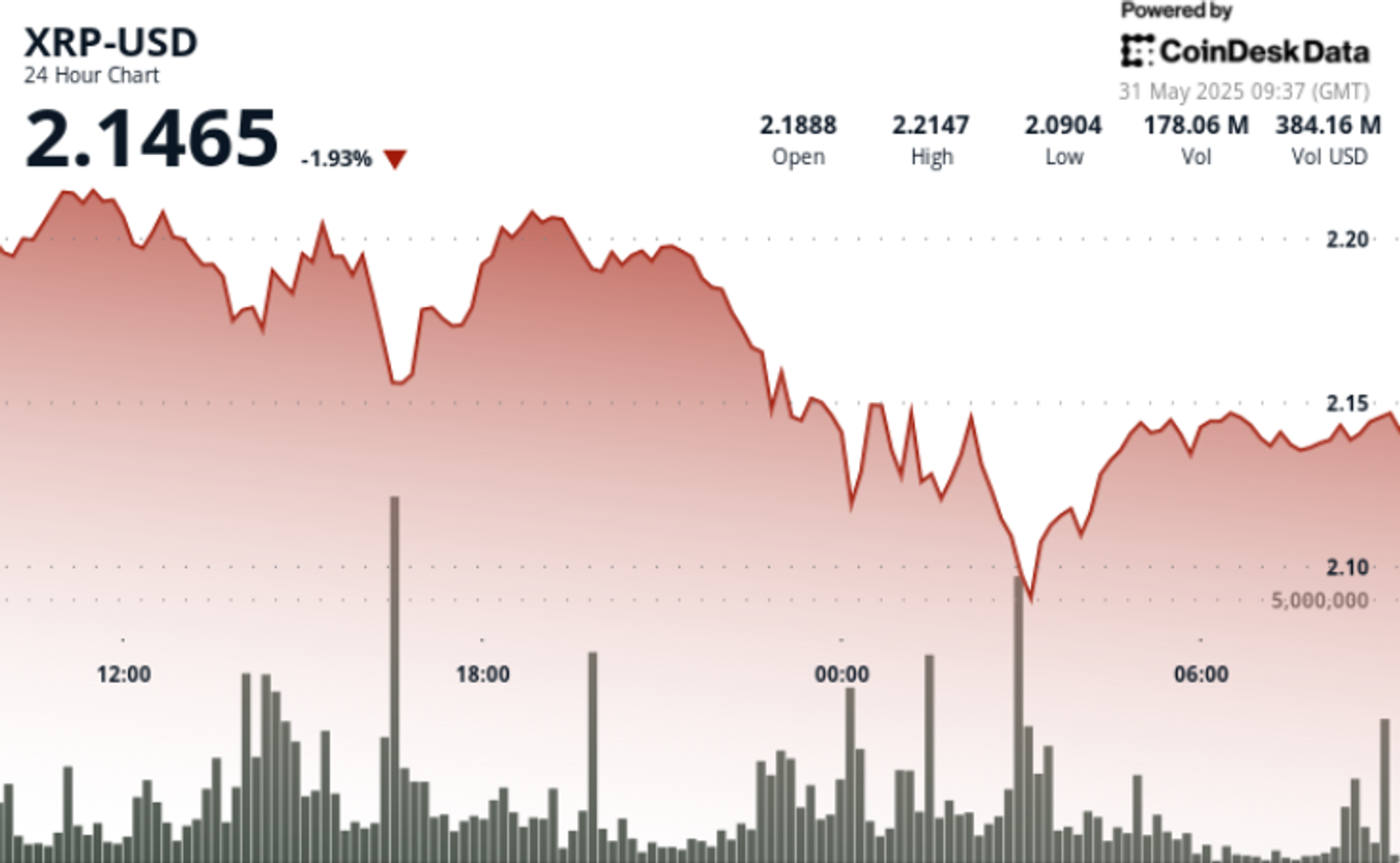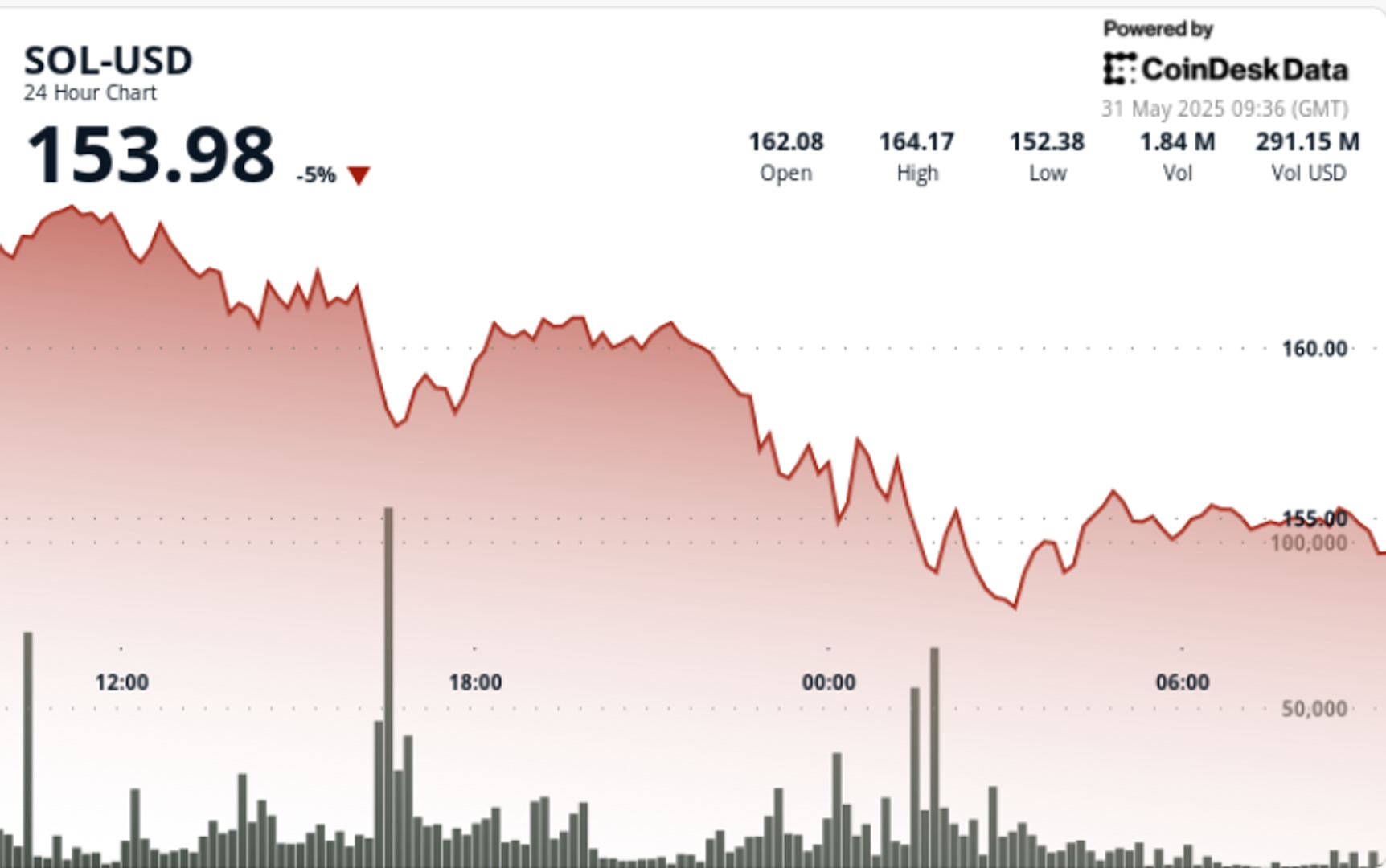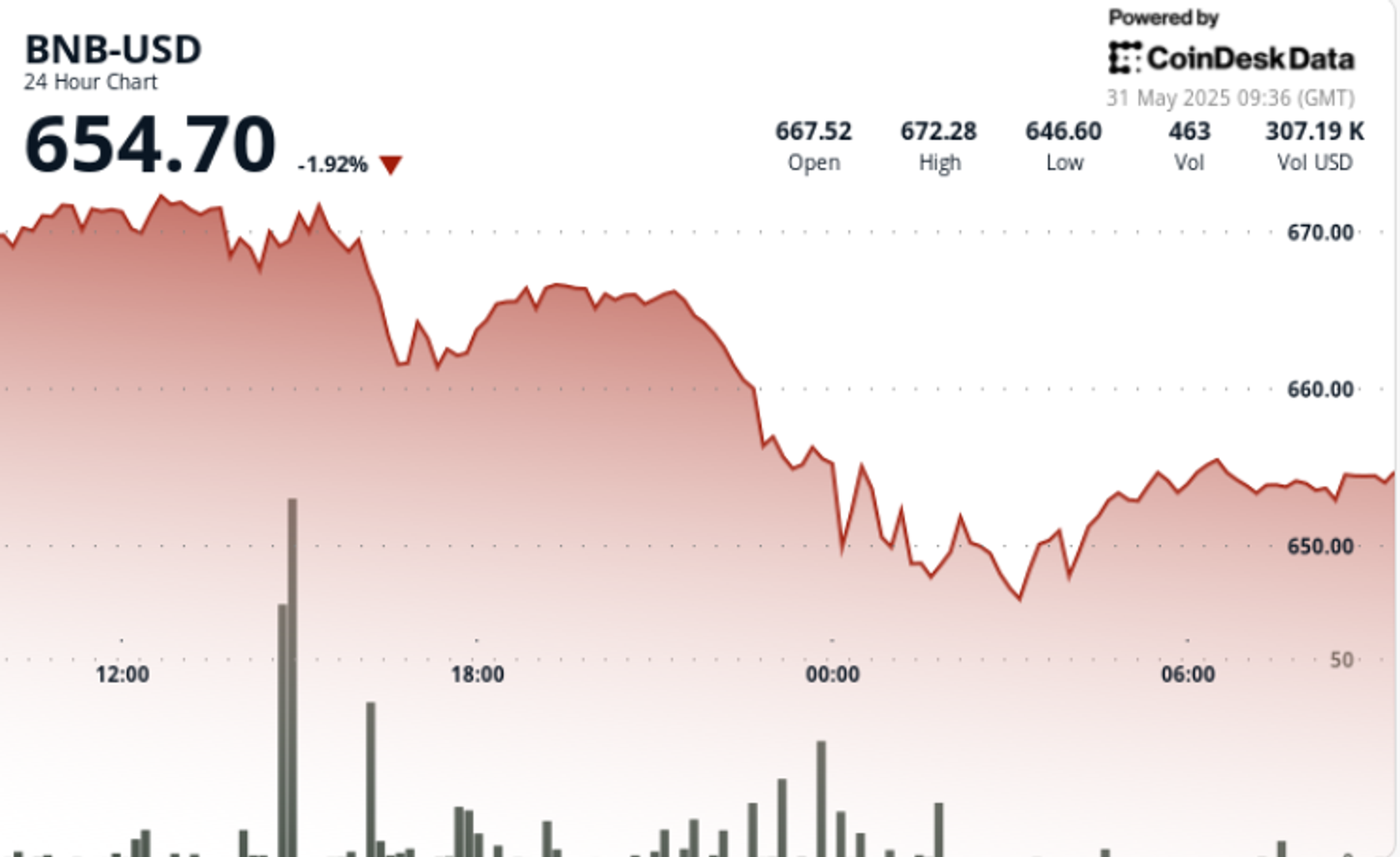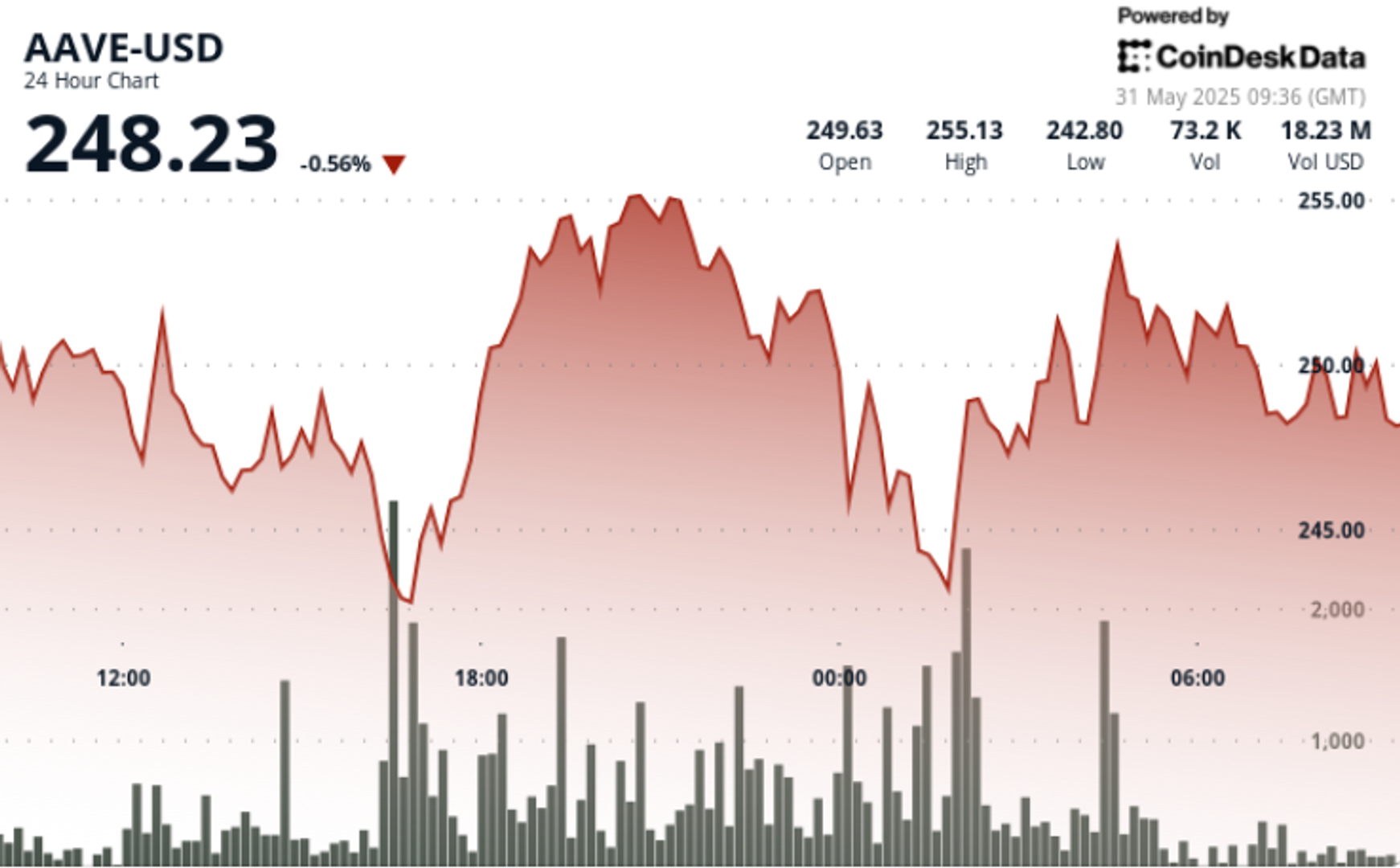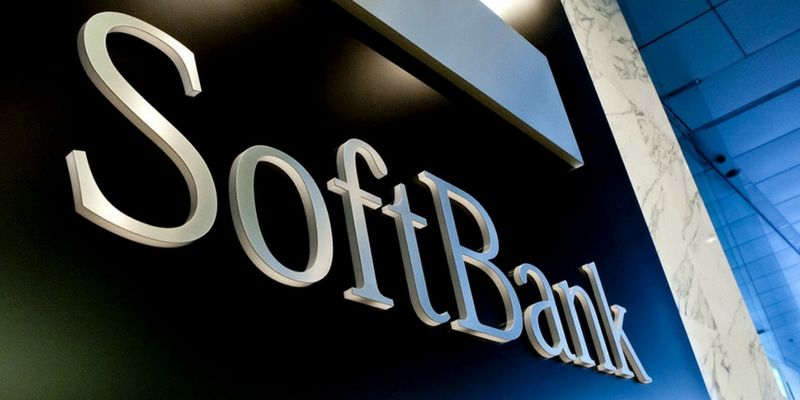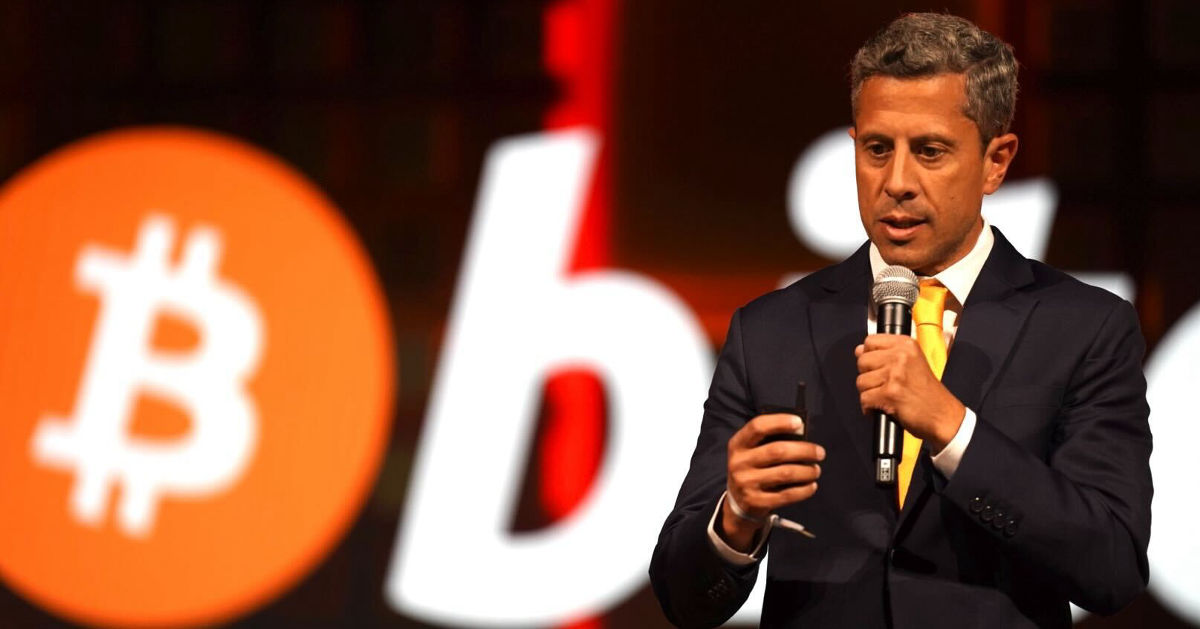How FITPASS is defeating inactivity: Transforming fitness in India through technology


The global fitness app market is projected to reach $ 23.21 billion by 2030, growing at a CAGR of 13.88% from 2024, as consumers increasingly adopt digital and personalised wellness solutions. The Indian health and fitness industry, worth $1.15 billion in 2023, is projected to grow to $2.78 billion by 2030. This growth, at a CAGR of 14.7%, will be on the back of rising urban incomes and smartphone penetration. Membership‑based models, offering flexible, value‑led access, now account for over 30% of industry revenue.
Against this dynamic backdrop, iStart Rajasthan and YourStory teamed up to present a virtual webinar, ‘Scaling Membership‑Based Brands: Leveraging Technology for Personalised Fitness Experiences’, as part of the iStart Inspire Series. The webinar was conducted by Akshay Verma, Co-founder of FITPASS.
FITPASS is India's largest smart membership program for universal fitness and wellness, revolutionising fitness by making it affordable, accessible, and convenient. With access to 8,100+ partner gyms and fitness centres across 75+ cities in India, FITPASS offers a single membership for all things fitness and wellness — aimed at bridging the larger gap in access to quality fitness solutions and promoting a healthier, more active India.
iStart, one of India’s largest and most inclusive startup platforms, has been organising webinars under the iStart Inspire series. Operating across every district of Rajasthan, iStart provides comprehensive support, including incubation, mentorship, and funding opportunities of up to Rs 25 lakh without traditional tendering requirements. With over 5,700 registered startups, including more than 2,000 women-led ventures, iStart continues to catalyse entrepreneurial growth in the region.
From the Playing Field to the Fitness Frontier: Akshay Verma’s Journey with FITPASS
Akshay Verma’s passion for fitness was ignited on the sports fields of Delhi and Oxford, where he actively participated in football and cricket. However, upon returning to India, he observed a perplexing trend: despite increasing awareness about health and wellness, gyms remained underutilised, and overall fitness engagement was low.
This disconnect inspired the inception of FITPASS in 2015, co-founded with his sister, Arushi Verma. Drawing from his experience at UBS Investment Bank in London, Verma aimed to revolutionise the Indian fitness landscape by addressing its inherent inefficiencies. Traditional gym memberships were often rigid, expensive, and lacked variety, deterring many from committing to regular workouts.
FITPASS introduced an innovative, asset-light model that aggregated multiple fitness studios under a single, affordable subscription. Priced as low as ₹999 per month, members gained access to over 1,000 fitness centers in the Delhi NCR region in its initial year, offering diverse workout options ranging from yoga and Zumba to kickboxing and strength training.
Akshay often emphasises, “Sitting is the new smoking,” highlighting the health risks associated with sedentary lifestyles. This mantra underscores FITPASS's mission to make fitness accessible, flexible, and integral to daily life.
FITPASS’s Journey Through Turbulence and Transformation
Within the first year, 19 copycats surfaced, and the team had to lay the foundation from scratch—educating users, earning trust, and proving value. “The first one through the door usually gets shot,” Verma noted. When gyms were initially taxed at 28%, FITPASS successfully lobbied to bring it down to 18%, helping shift fitness from being seen as a luxury to a necessity. Then came COVID, shutting down gyms overnight. But the ability to innovate, adapt, and support both users and partners during crises became FITPASS’s true differentiator. Resilience, strong unit economics, and stakeholder-first thinking carried them through.
Strategic alliances with banks and insurers followed. FITPASS proactively engaged with the Government of India (GOI) for three years, advocating policy reform to integrate fitness into the healthcare framework. Through persistent efforts, they successfully influenced the GOI and IRDAI to pass a landmark regulation change to incorporate fitness centre access into health and life insurance policies. FITPASS quickly evolved into the only fitness company approved by IRDAI to help transform health insurance from reactive to proactive care.
The future is personalised: AI, prevention and a vision for 2030
Back in 2018—long before AI became a buzzword—FITPASS introduced ARIA, a proprietary A.I. enabled personal fitness coach ahead of its time. “We built this AI program; she’s called ARIA,” said Verma, adding that FITPASS also provides online virtual classes featuring 2900+ international trainers from 4000+ global studios on FITPASS-TV.. Currently FITPASS caters to over 11 lakh active users per month, demonstrating the power of fitness personalisation. FITPASS has disrupted the industry norm, achieving an impressive 78% retention rate—flipping the traditional model on its head, where conventional gyms typically see a 75% churn rate. This inversion reflects a fundamental shift driven by FITPASS’s consumer-first approach, which has redefined the game by empowering consumers.
Staying true to that same commitment to user-centricity, FITPASS prioritised data protection early on—achieving GDPR compliance well before local regulations took shape, ensuring user trust.
Looking ahead, FITPASS aims to onboard 50 million daily fitness adopters by 2030. Verma likened preventive healthcare to financial planning: “Just as you invest to grow your wealth, invest in fitness to build health equity.”
At its core, FITPASS’ shared-economy model puts the power in the hands of the consumer. “Consumers become king—they choose the how, where, and what of their fitness,” Verma explained, highlighting the flexibility and choice that define this approach.
With technology, partnerships and a singular vision, the road to a fitter India is well paved, and the journey is only beginning.






























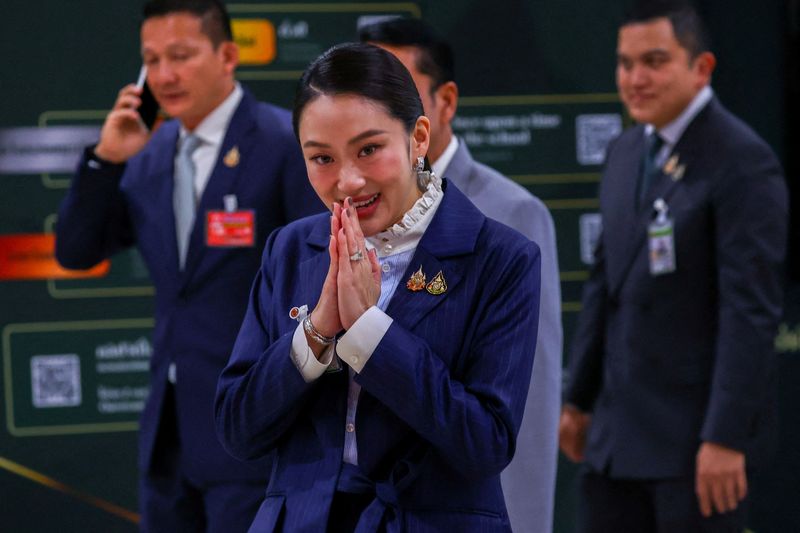




















![[Weekly funding roundup May 24-30] Capital inflow continues to remain steady](https://images.yourstory.com/cs/2/220356402d6d11e9aa979329348d4c3e/Weekly-funding-1741961216560.jpg)


































